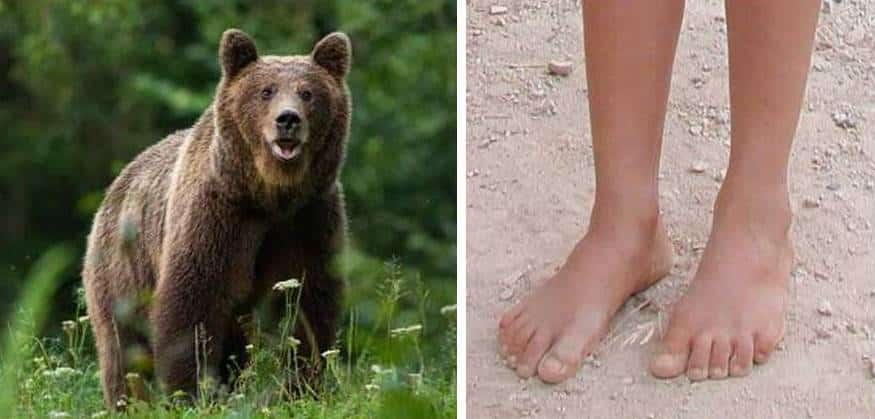Last week on Twitter I saw the words “bear” and “bare” used incorrectly many times as people were lamenting the changes and problems with the platform. So I thought it would be a good time for a refresher on the correct use of these homophones.
BEAR
Noun: a large, heavy, furry mammal of America and Eurasia.
Verb: to produce; to carry; to hold up, support, or sustain; to tolerate or endure; to be patient. Past tense: bore – The tree bore fruit.
Common phrases with the verb “bear”
To bear witness. (To produce testimony.)
Your son will still be your son, no matter what name he bears. (To carry.)
To bear children. (To carry and produce.)
The right to bear arms. (To carry.)
The beam bears the weight of the second floor. (To hold up, support, or sustain.)
A cross to bear. (To carry, hold up, or sustain a metaphorical weight.)
Bear the weight of the world on your shoulders. (To carry, hold up, or sustain a metaphorical weight.)
Too much stress to bear. (To tolerate or endure.)
Grin and bear it. (To tolerate or endure.)
Too many changes on Twitter to bear. (To tolerate or endure.)
Can’t bear to hear a sad song. (To tolerate or endure.)
I can’t bear the thought of losing you. (To tolerate or endure.)
The speaker asked the audience to bear with her while she searched for the correct slide. (Be patient.)
The lawyer asked the judge to bear with him while he gathered his papers. (Be patient.)
It bears repeating. (To be worthy of.)
Bear in mind. (To be worthy of.)
Bear down on. (Move directly toward something purposefully, or contract abdominal muscles to push a baby out in childbirth.)
BARE
Adjective: without covering or clothing, naked, nude; without the usual furnishings or contents; unconcealed or undisguised; unadorned or plain; minimal.
Verb: to reveal or uncover, both literally and figuratively; to strip down or open to view; to expose, reveal, or divulge.
Past tense: bared – The dog bared its teeth at me.
Common phrases with “bare”
Bare feet on the beach. (Without shoes, naked.)
Open a jar with your bare hands. (Without assistance, naked.)
A bare-knuckle brawl is one between two fighters who are not wearing gloves.
Bare walls were a constant reminder that the rental home was only temporary. (Without furnishings, unadorned or plain.)
Lay bare. (Undisguised and unadorned, minimal.)
Bare necessities or bare essentials. (Undisguised and unadorned, minimal.)
Bare bones. (Figuratively – undisguised and unadorned, minimal.)
I want the bare facts. (The most basic and unadorned information.)
Do the bare minimum. (The least amount you can do.)
A bare majority is the smallest possible majority.
A dog bares its teeth. (To literally reveal or expose.)
Bare your soul to your best friend. (To reveal or divulge.)
During therapy she finally bared the childhood horrors that she had suppressed. (To reveal or divulge.)
The celebrity agreed to bare all in her new book. (To reveal or divulge. Or maybe it’s a coffee table photo book with nude photos?)
There are times when one could potentially use both “bear” and “bare” in the same sentence. Let’s not confuse the two words:
I can’t bear (can’t stand) the feeling of being bare (naked).
Yes, this bear (animal) is bare (unclothed).
The right to bear arms (Second Amendment of US Constitution) versus the right to bare arms (exposed arms) in church.
How to keep track of which spelling to use? “Bear” suggests the presence of something – a metaphorical weight, provide testimony. In contrast, “bare” suggests the removal or absence of something, such as when your cupboards are bare (no food), or when you bare (empty, expose) your soul.
I hope these examples prove helpful for you to use the correct word moving forward.
Feel free to share comments on this blog or suggestions for other Weekly Writing tips below.
Would you like to be notified when future writing tips are posted, so you don’t miss any? Then check the box under the Stay Up To Date heading at the top right of this page and provide your email address. I promise it won’t be used for any other purpose.



Recent Comments